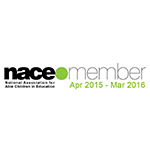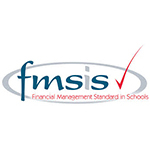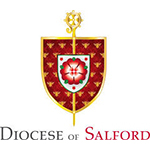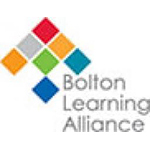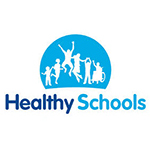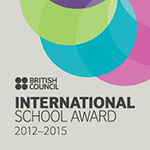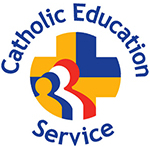There are two schemes of work from Year 9 in Physical Education. All Year 9, 10 and 11 complete a Compulsory Physical Education course, which simply provides an opportunity for students to participate in sports and remain healthy. This does not give a GCSE in PE.
The additional route is for our students to choose OCR Cambridge National in Sport Science option.
Compulsory Physical Education
All students continue with their Physical Education throughout our 5 year spiral curriculum when the scope of the programme is widened to try to meet their varied needs. An element of choice is introduced. The choice is varied but students are expected to choose activities, which cover the requirement of the National Curriculum.
Regardless of the activity chosen it is hoped that each individual will develop the following areas:
Enjoyment
Confidence
Healthy, active lifestyle.
Stamina, suppleness and strength
Commitment
Thinking and decision making
Understanding
Participation
Skills – including leadership
Desire to improve.
Participation is obviously an important part of the curriculum but there are many other roles that students can be involved in even when ill or injured and are expected to bring their kit to every lesson. A sound knowledge and understanding of fitness and health becomes even more important as does an awareness of sporting opportunities available in the community and post-16. Competitions and inter-form tournaments are held in many sports for all students. There is also the opportunity for pupils who attend practices and clubs to represent St. Joseph’s in interschool fixtures. Many out of hours learning opportunities continue throughout our spiral curriculum and all students are encouraged to attend at lunchtime and after school.
OCR Cambridge National in Sport Science
The OCR Cambridge National in Sport Science course is an in-depth study into sports science and its influences on health, fitness, diet and participation. It is academic Sports Science based course with an emphasis on extended writing there is little practical work as there is no practical assessment.
Assessment
The OCR Cambridge National in Sport Science in broken down into four units. It is 75% Coursework based and 25% externally marked exam. There is a total of 240 points available 60 points per unit.
- Unit RO41: Reducing the risk of sports injuries (60 Points) – Taking part in sport and physical activity puts the body under stress. Students will learn how to reduce the risk of injury when taking part in sport through activities such as warm-ups and knowing how to respond to injuries and medical conditions in a sport setting are all vital skills with in the sport and leisure industry.
This is unit is externally assessed through an OCR set and marked 1hour exam in the January when the pupils are in year 10. This is 25% of the student final grade.
- Unit RO42: Applying principles of training (60 Points) – The role of the coach is to keep their performers in peak condition by monitoring individual fitness and design bespoke training programmes. Students will learn the principles of training and how different methods target different components of fitness. They will also learn how to conduct fitness interpret the results and design and evaluate fitness programmes.
This is unit is assessed through an OCR-set assignment (Coursework) which allows students to demonstrate their understanding without the stress of a timed external exam. This is 25% of the student final grade.
- Unit RO43: The body’s response to physical activity (60 Points) – Understanding how the body changes and responds to physical activity means that body systems can be optimised to improve sports performance and healthier lifestyles. Students will learn about the key components of the musculo-skeletal and cardio-respiratory systems, their functions and roles in physical activity and how to measure and record short term and long-term effects of physical activity.
This unit is assessed through an OCR-set assignment (Coursework) which allows students to demonstrate their understanding without the stress of a timed external exam. This is 25% of the student final grade.
- Unit RO45: Sports Nutrition (60 Points) – Correct nutrition is a vital part of a sports person’s preparation: incorrect nutrition can lead to deterioration in performance and overall health. Students will learn about different nutrients and supplements and their importance to different activity types. They will also learn about the effects of a poor diet on performance and health and will develop and evaluate diet plans for performers.
This unit is assessed by an OCR-set assignment (Coursework) which asks learners to demonstrate their knowledge of nutrition including the creation of a diet plan for an individual. This is 25% of the student final grade.
Career Possibilities
Some ideas for a career in sport include:
Sports Development, Physiotherapist, Teaching Physical Education, Sports Coaching, Sports Science, Professional Athlete, Sports Facilities Manager, Leisure Management, Physical Training Instructor in the Armed Forces, Journalism, Retail Management, Sports Management.



